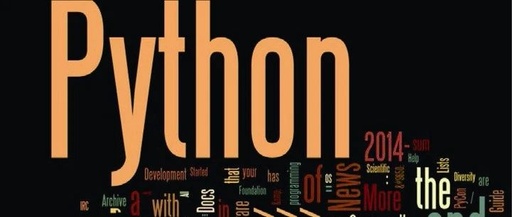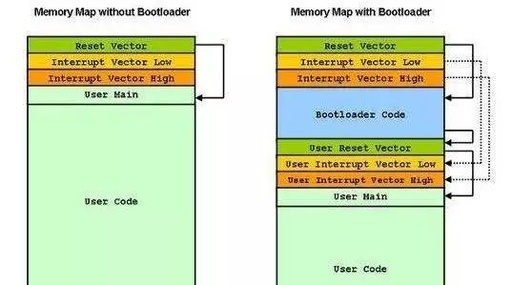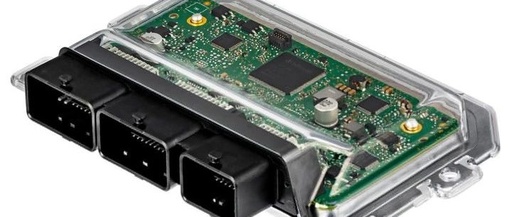Adventures in PyCrypto: Unlocking the Secrets of Data Encryption!
Hello Adventurers! Today we embark on a mysterious journey to explore the secrets of data encryption! 📝 Mission Briefing Difficulty: ⭐⭐⭐⭐ Objective: Master data encryption skills Estimated Duration: 45 minutes Initial Equipment: Python 3.x Level 1: Beginner Village – Acquiring Basic Equipment 🎯 Beginner Task: Install PyCrypto # Install basic equipment pip install pycryptodome # … Read more









